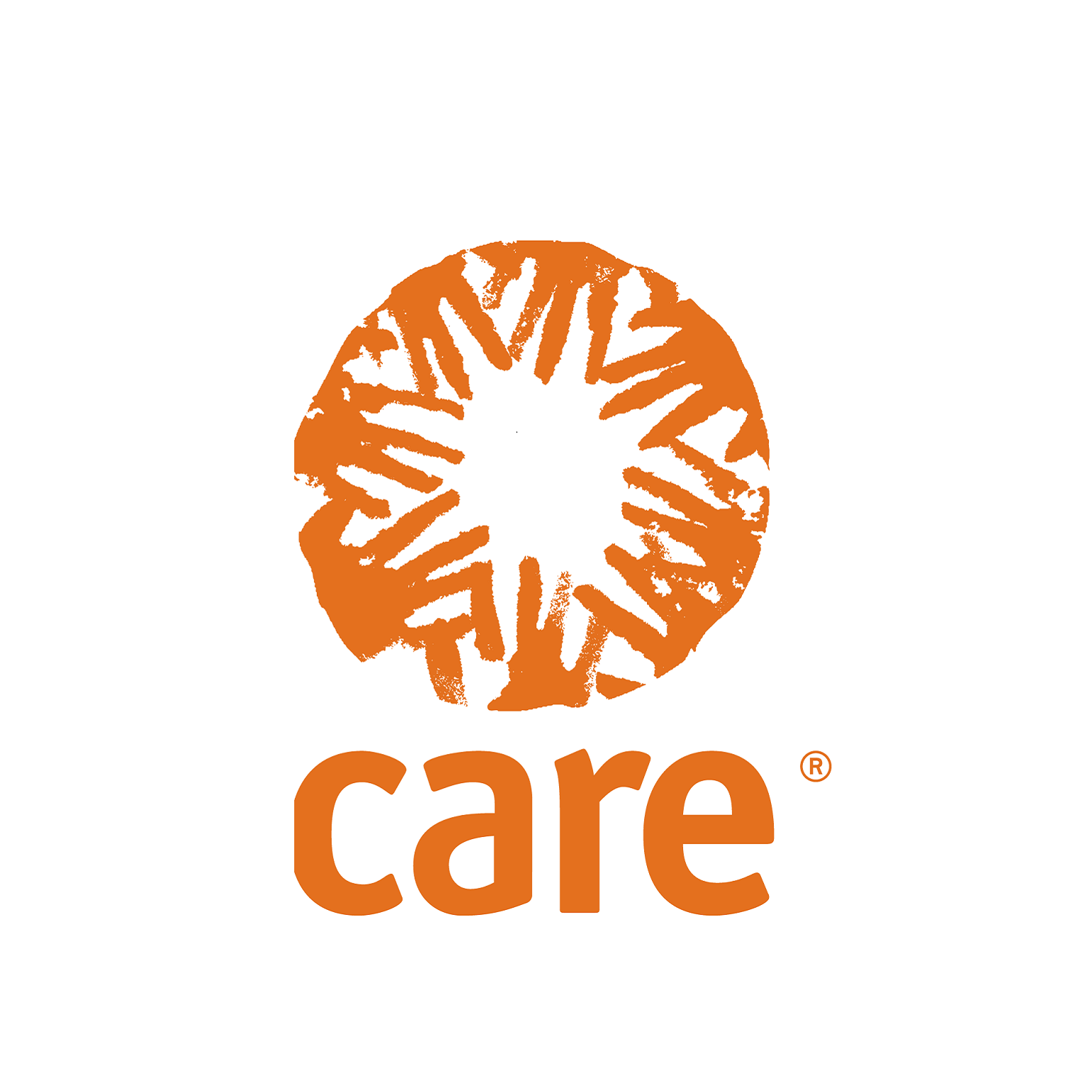Episodes
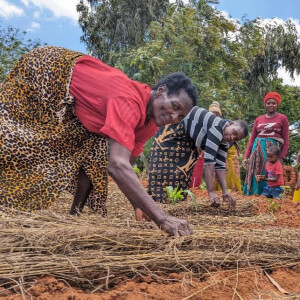
Tuesday Jan 30, 2024
Start at the roots: how to turn around failure
Tuesday Jan 30, 2024
Tuesday Jan 30, 2024
Titukulane's progress was achieved by addressing the failures it faced in the years leading up to 2023. When the program was first implemented, the COVID-19 pandemic swept the world, making it extremely difficult to implement field-level activities. However, Titukulane was able to turn around its failures by starting from the roots and addressing every aspect of the program. They focused on team building and cross-functional teamwork, built the capacity of the M&E teams, made field engagement a regular task for everyone involved, and engaged participants in multiple activities to diversify their income while keeping sustainability in mind. This was no small feat. Listen to Daniel Abbott, the Chief of Party of Titukulane, as he speaks about how closely he worked with the team to address every detail and achieve where Titukulane stands today.
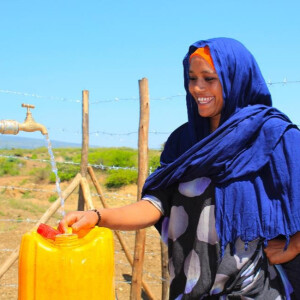
Wednesday Jan 17, 2024
Notes from a Failure Summit
Wednesday Jan 17, 2024
Wednesday Jan 17, 2024
Maria Alemu and Gregory Makabila talk about the Ifaa project's Failure Summit, and what it took to create a culture where failure spurred reflection, learning and action. Lessons from Saint Yared, a learning from failure roadmap, pre-mortem exercises, and the 5 Whys of Failure were all key tools that helped the team learn, adapt, and improve. Check out their reflections, what they would do differently, and the diverse range of tools that helped the team embrace failing forward.
Ifaa is a USAID-funded RFSA project that CRS leads in Ethiopia.
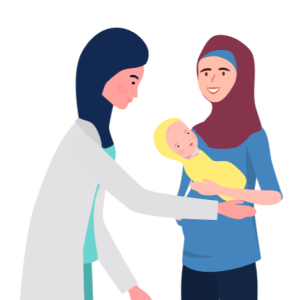
Wednesday Jan 03, 2024
A Magical Example of Adolescent Girls Leading
Wednesday Jan 03, 2024
Wednesday Jan 03, 2024
It's not easy or obvious to not only work with adolescent girls in crisis settings, but also to let them lead. But it is possible. AMAL currently operates in Syria, Nigeria, and Somalia, addressing the unique vulnerabilities of adolescent girls in crisis settings, such as early marriages and adolescent pregnancy. The program includes components like a Young Mother's Club, Community Dialogues, and a health provider curriculum to improve sexual and reproductive health service uptake and enhance participants' life skills. Our guest speaker, Pari Chowdhary, highlights the importance of relationship investments, continuous quality improvement mechanisms, and including adolescent girls in program design and evaluation. The final hope is for the program to be owned and run locally by the adolescent mothers themselves.
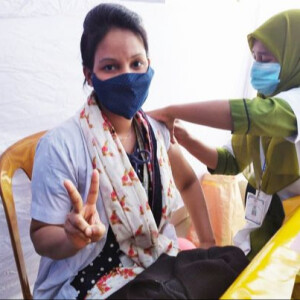
Wednesday Dec 06, 2023
There was no blueprint: trying to make COVID-19 vaccines fast and fair
Wednesday Dec 06, 2023
Wednesday Dec 06, 2023
Katharine Nasielski, Pari Chowdhary, and Brittany Dernberger talk about Fast and Fair-- CARE's work trying to get COVID-19 vaccines out to the world to meet the global deadline for 80% vaccination rates by September 2022. Advocating for funding and policy change, running programs to support vaccine delivery around the world, and trying to measure global to local impact are all places where we've learned a lot about what we need to do next time. Because like it or not, we need to prepare for a next time. Consistent investments in innovative, nimble, and adaptable are our best shot for future pandemic preparedness.
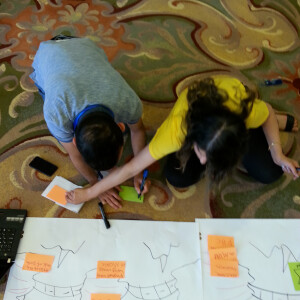
Tuesday Nov 21, 2023
Too Many Trainings
Tuesday Nov 21, 2023
Tuesday Nov 21, 2023
If you looked at a problem and thought, "the answer is more capacity building and more guidelines" Florence Santos says you might need to think again. Based on her experience leading Monitoring and Evaluation at CARE, she's seen a proliferation of tools and resources that aren't really solving the underlying solution. If it's the recommendation you would always have made under any circumstances, you're probably not looking carefully enough at the solution. Florence reflects on how she would get to a solution with fewer tools and trainings, and more systematic follow through.
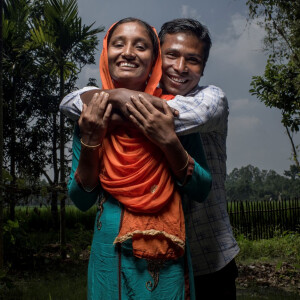
Wednesday Nov 08, 2023
Reimagining IMAGINE
Wednesday Nov 08, 2023
Wednesday Nov 08, 2023
CARE implemented the Inspiring Married Adolescent Girls to Imagine New Empowered Futures (IMAGINE) project to design & test interventions aimed at delaying the timing of first birth among married adolescents in Niger (Zinder region) and Bangladesh (Kurigram district) between 2016 and 2022. Rachael Goba explains how the IMAGINE journey went on married adolescent girls envisioning, valuing and pursuing alternative life trajectories. For example, after 22 months of implementation, contraceptive use in Niger was significantly higher in the treatment group compared to the control group; and higher for those who have had a birth compared to those who have not.
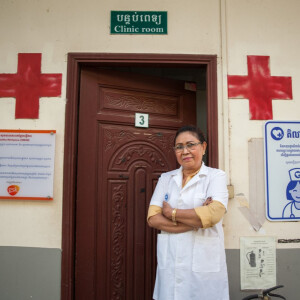
Wednesday Oct 25, 2023
The New Usual: Supporting Frontline Healthworkers as a goal, not a tool
Wednesday Oct 25, 2023
Wednesday Oct 25, 2023
Frontline health workers play a critical role in delivering health services globally, especially to the hardest to reach populations. Despite their importance to health systems and universal health coverage goals, this majority female workforce faces diverse and ongoing barriers affecting their working conditions and capacity. Pari Chowdhary talks about how at CARE, we aim to bring support and work with and for FLHWs to achieve healthy outcomes across our programming countries, but also, we aim to bridge key gaps like equipping and training FLHWs.
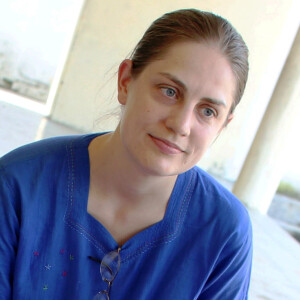
Wednesday Oct 11, 2023
Connecting Learning to Decisions
Wednesday Oct 11, 2023
Wednesday Oct 11, 2023
This time on the other side of the mic, Emily Janoch talks about what it takes to truly move from learning to changing the choices we make, and the hard commitment to "do it differently, not just next time, but every time after that." We all need to be accountable to impact. How do we remove the idea that we are the heroes of the story in development, and how do we acknowledge our own privileges, let them go, and learn to deploy them for others instead of ourselves. Christabell Makhokha hosts, asks great questions, and helps hold a space for vulnerability.
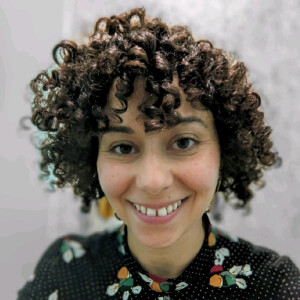
Thursday Sep 21, 2023
Cozy with the context
Thursday Sep 21, 2023
Thursday Sep 21, 2023
Monalisa Salib wants you to get cozy with the context. If your theory of change is full of assumptions and logical statements that could easily be true anywhere in the world, it's probably not going to work. Only by understanding the context where we operate and respecting the actors and the expertise in that context will real change happen. That means knowing the specific players, actors, and dynamics where change gets done. Another tip she has for you: people matter more than process, and technical solutions will never be enough.
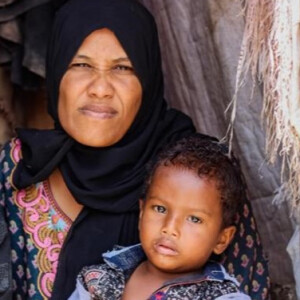
Wednesday Sep 06, 2023
It is possible: Savings groups in emergencies
Wednesday Sep 06, 2023
Wednesday Sep 06, 2023
Natacha Brice--who runs CARE's work on Village Savings and Lending Associations in Emergencies (VSLAiE)--wants you to know two things about doing group savings in crisis settings: 1) It is possible, and it will have big impacts; 2) it's going to take a lot of hard work to do it right. You can build capital in crisis, which changes how we think about both our long term programming and our emergency response. There's a lot we've learned on the journey. Thanks to Beja Turner for hosting!
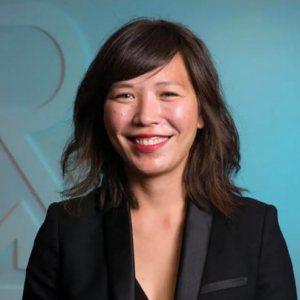
Thursday Aug 24, 2023
Getting Rigor Right
Thursday Aug 24, 2023
Thursday Aug 24, 2023
Why do we spend so much time and money on gathering data we never use? Why can't we always find the data we need to make good decisions? Christina Synowiec from Results for Development talks about Getting Rigor Right, and article she co-authored on deciding how rigorous data needs to be based on the decision you are trying to make. Sometimes you need quick, indicative data. Sometimes you need people's voices. (Often you need both). You always need data, but only sometimes do you need the most rigorous data to make a good decision.
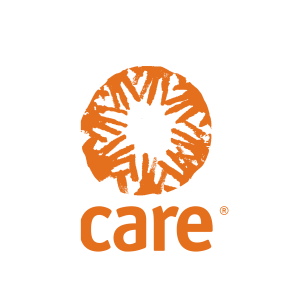
Thursday Aug 10, 2023
Thursday Aug 10, 2023
In our 100th episode, Michelle Nunn talks about lessons learned since she last joined the podcast with Fourth Quarter Failure, including navigating challenges we never predicted--like COVID-19 and the conflict in Ukraine. Some of her reflections include that we have to lean more into local leadership and networks with humility, we have to lighten our systems, and we have to create a space where everyone can be a change agent. Building new tools to listen to the women we work with faster and more completely, balancing risk, and becoming agile are some of the thoughts at the top of her mind.

Wednesday Jul 05, 2023
Avoiding Hothouse Flowers
Wednesday Jul 05, 2023
Wednesday Jul 05, 2023
Joshua Muskin from Geneva Global talks about the incentives and biases that cause programmers to design "hothouse flowers"--projects that will only work inside the special resource and attention environment of a startup and a pilot. To get to scale, you need to think beyond the hothouse, to what will work under the hardest conditions, not the easiest ones. Who scales, what resources they have, and what their goals and incentives are contribute so much more to scale than having an elegant solution from the outside. "Be more trust based" is just one of Joshua's tips on how to succeed in creating something that could scale.
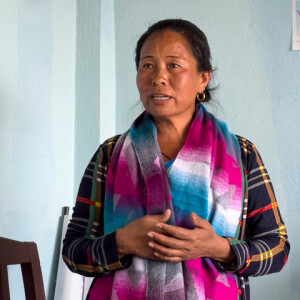
Tuesday May 23, 2023
Telling the Truth in Love
Tuesday May 23, 2023
Tuesday May 23, 2023
Rachel Wolff talks about the journey to cede power to local organizations, and continuing to push to center people in the most marginalized communities as the leaders, responders, and decision makers in their own lives. We need to put more power and more voice for impact into our partners, and be accountable for impact. Rachel talks about Nepal's Humanitarian Partnerships Platform, and how much faster partners are at stepping into the lead. Mutual respect, being flexible, and telling the truth in love so we can all get better are powerful tools. And speaking of power--remember when you have it, and step back to leave room for others.
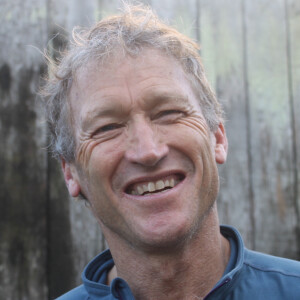
Monday May 08, 2023
Don’t Feed the Zombies
Monday May 08, 2023
Monday May 08, 2023
Kevin Starr talks about his article "Don't Feed the Zombies" and how if we focus on measuring reach, instead of caring about impact, we end up doing harm in the world. His vision is a world where you can't get taken seriously if you can't talk about real, measurable change in the lives of people we serve, and the evidence to back it up. "The minute you commit to impact, and a definition thereof, you're starting to be part of the solution." What's a definition of impact? Evidence of change that happened in someone's life, and a plausible description about how your part in that change worked. If we (especially donors) are not accountable for impact, they end up supporting groups that aren't accountable to the people they serve, and are not driving for the full potential of what we can get done in the world. Here are some other links to check out:

